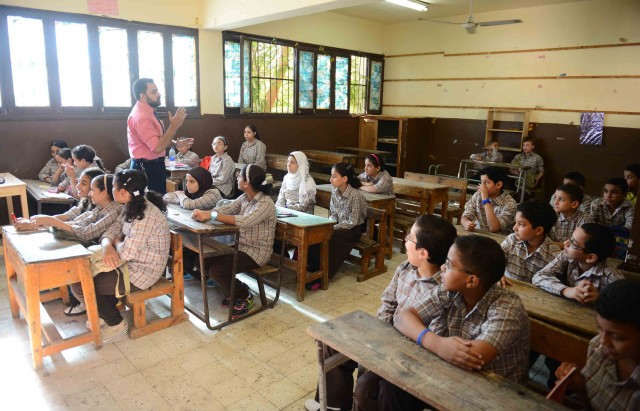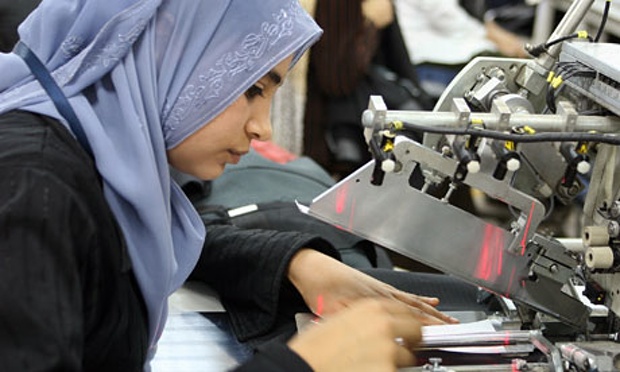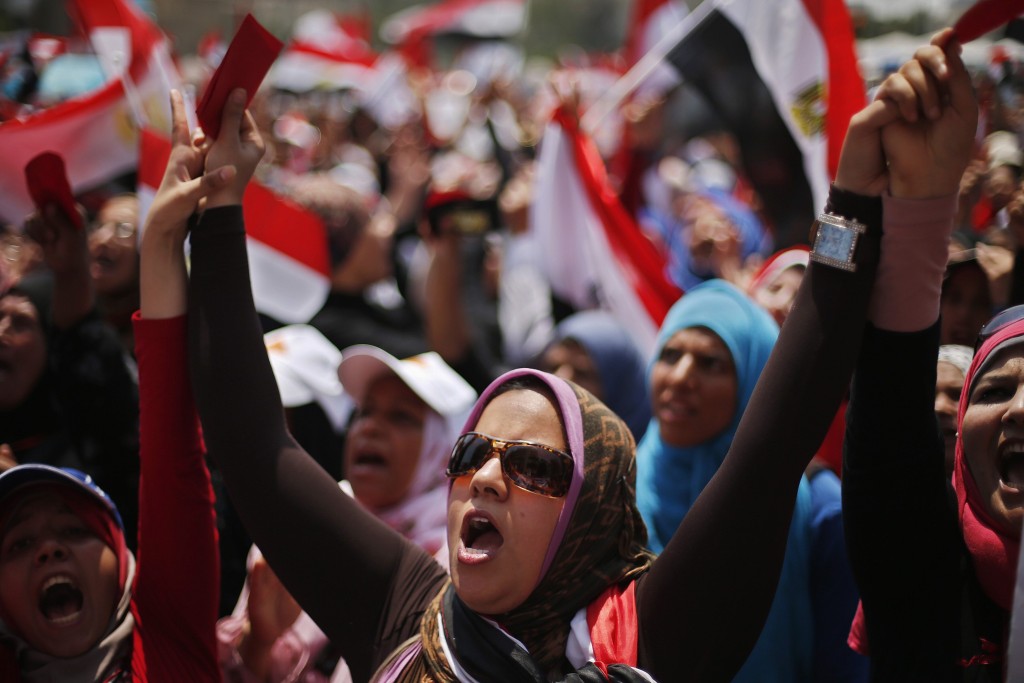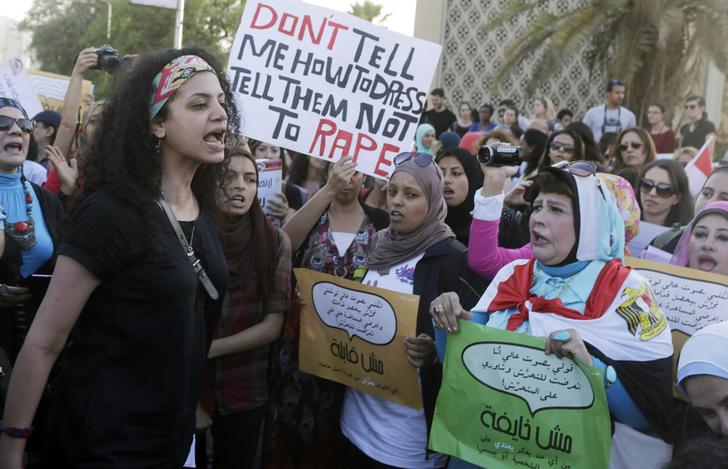Four years have passed since Egyptians decided to revolt against corruption, poverty, social injustice and gender inequality. It has been four years but no one can see real change.
Unfortunately, when it comes to women, the situation is much worse. The so-called “second half of the population” is poorly represented in every facet of society. Although women greatly participated in the revolution (or both revolutions, as some might argue), their demands for the improvement of their rights were swept under the rug while the new government focused on big projects and “more important” demands.
Whether in education, social life, political or economic participation, women are underrepresented across the board. While gender inequality is a global issue faced in many underdeveloped countries as well as developed ones, the statistics coming out of Egypt are shameful even when compared to other underdeveloped countries, including in the Arab world.
According to the World Bank’s data in 2014, women constitute about 49.8% of the Egyptian population, yet you’d never know based on their representation. The outrageous percentages presented below show the un-equivalent participation of women in all aspects compared to their contributed efforts in the revolution.
* The data below was retrieved from the Egyptian Center for Women’s Rights, World Bank data and UN reports, since the latest reports published by Egyptian Official State Information Service Website was a decade ago in 2005.
Women in Social Life (2013):
- Egypt ranked 125 out of 136 countries when it comes to discrimination between the two genders, according to the World Economic Forum 2013.
- A study conducted by the United Nations Entity for Gender Equality and the Empowerment of Women in collaboration with the National Planning Institute and Demographic Center in Cairo showed that:
- 99.3% of Egyptian women said they were exposed to sexual harassment in some way, whereas 19.2% of them claimed that this practice happens on a weekly basis and 7.3% claimed that it happens on a monthly basis.
- 68.9% of the sample sees that sexual harassment happens all the time and 68.5% insisted that men of all ages are involved in the sexual harassment.
Women in Education (2012):

- According to the Gender Global Gap Report 2014, the literacy rate of female youth (between ages 15-24) was 86% in 2012, which some might consider a good percentage, yet it means that Egypt ranks 116th among 142 countries in terms of female literacy and 115th in female enrollment in primary education.
Women in Economic Participation (2013-2014):

- Egypt ranks 131 on the economic participation and opportunity sub-index and 136, with regards to the labor participation.
- When it comes to the unemployment rate, the percentage of unemployment is 24.2% for females compared to 9.8% for males.
- As for the workforce, young females, aged 18-29, constitute 19% of the Egyptian workforce compared to more than 50% for males.
Women in Political Participation (2014):
- Egypt ranks the 134th country when it comes to the political empowerment sub-index.
- The number of females appointed in the constitutional committee responsible for drafting the 2014 constitution was 12 out of 99 members, which makes it about 12%.
- There are just four female ministers in the new government led by Dr. Ibrahim Mehleb out of 34 Ministers, which is less than 12%. These four ministers are Dr. Doria Sharaf Eddin, Minister of Information, Dr. Laila Iskandar, Minister for the Environment, Nahed Hassan Ashry, Minister of Manpower and Immigration and Ghada Waley, Minister of Social Solidarity.
- The president chose only one woman, Dr. Mervat Abu Bakras, to be included in his presidential decree 2014 of Egypt’s Council of Experts out of 16 experts.
- Egypt ranks 139 out of 189 countries as shown by data from the International Parliamentary Union (IPU) since women comprised only 2% (10 out of 508) in the last parliament (2011-2012).
- As for Shura Council of 2012-2013, the percentage was 4.4 %, with 12 members out of 270 being female (5 elected and 7 appointed). This is relatively low when compared to the Arab world average (13.3%) and the world average (20.4%) as per 2012 data.
WE SAID THIS: Now, is the transition to democracy possible without improving these rates?





